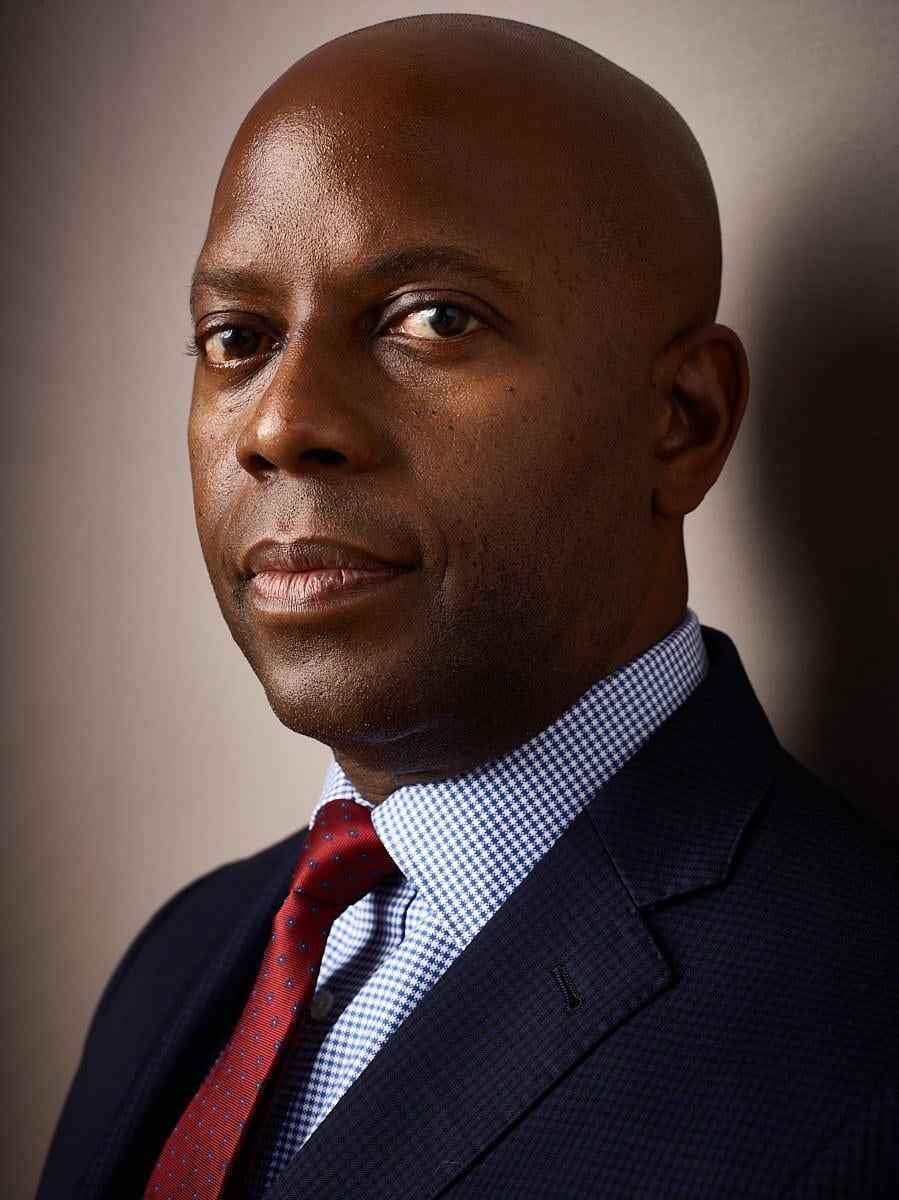
As a bellwether for America’s 21st century civil rights movement, Brian H. Williams, MD ’01, is an inspirational frontline clinician and a role model in the battle towards impactful social change.
Born in 1969 in Chicopee, Massachusetts, Williams earned his degree in Aeronautical Engineering from the United States Air Force Academy in 1991. He served as an engineer for the United States Air Force for six years. It was during this period that he befriended many doctors and nurses and began to feel his own tug toward medicine.
At the age of 28, Williams chose the University of South Florida as the destination for his journey in medical studies. Although most of his peers had already graduated by the time he enrolled, Williams leveraged his military background to embrace his studies with a determined and focused mindset. In 2001, he matriculated from the USF Morsani College of Medicine — and formally becoming Dr. Brian Williams.
After graduation, Williams started his medical career as a resident in general surgery at Brigham and Women’s Hospital as well as a teaching hospital of Harvard Medical School in Boston. In 2010, Williams officially began his second career as an associate professor at the University of Texas Southwestern Medical Center and trauma surgeon at the Parkland Memorial Hospital.
On July 7, 2016, Williams was the lead trauma surgeon in the hospital the night seven injured police officers were transported to Parkland Memorial Hospital after being targeted by a sniper during a Black Lives Matter demonstration. It was a horrific and life-changing night for Williams as he operated on the officers, losing three before daybreak. Although Williams had previously shied away from the spotlight, four days later, he felt compelled to speak up in what he now describes as an out-of-body experience.
“This killing has to stop,” he said on-air at the press conference aired live on CNN. “Black men dying and being forgotten, people retaliating against the people who have sworn to defend us, we have to come together and end all of this.”
His heartfelt message resonated with many individuals nationwide and sparked widespread media coverage.
This watershed moment spurred Williams to become a national activist for racial equality in health care, medical education and ending gun violence in America. Since then, he has worked on police-community relations and health care disparities in Dallas, launched the “Race, Violence & Medicine” podcast, and most recently, wrote a book called The Bodies Keep Coming, which will be published in September 2023.
In 2019, Williams accepted a position as the co-director of University of Chicago Medical Center’s surgical intensive care unit and became the founding director of the surgical critical care fellowship. His expertise allows him to save people from life-threatening emergencies and mentor students, residents and fellows to provide the best treatment for patients.
In September 2021, Williams became a full-time Robert Wood Johnson Foundation Health Policy Fellow serving in the Office of Speaker Nancy Pelosi, hosted by the National Academy of Medicine in Washington D.C. This comprehensive learning experience at the nexus of health, science and policy is another step forward toward his goal of transforming health care through systemic impact. Williams believes engaging health care frontliners in policymaking can advance health care equity on a massive scale.
Williams has been honored for his contribution with awards such as the Diversity FIRST Leadership Award from the Texas Diversity Council, the Distinguished Alumnus Award from the USF Alumni Association, and Black Leader Worth Watching from Profiles in Diversity Journal.
Williams’ professional achievements and his impactful service towards positive social change make him a fitting recipient of the 2022 USF Health Morsani College of Medicine Distinguished Physician Alumnus Award in Service.
-lw-scaled.png.png)